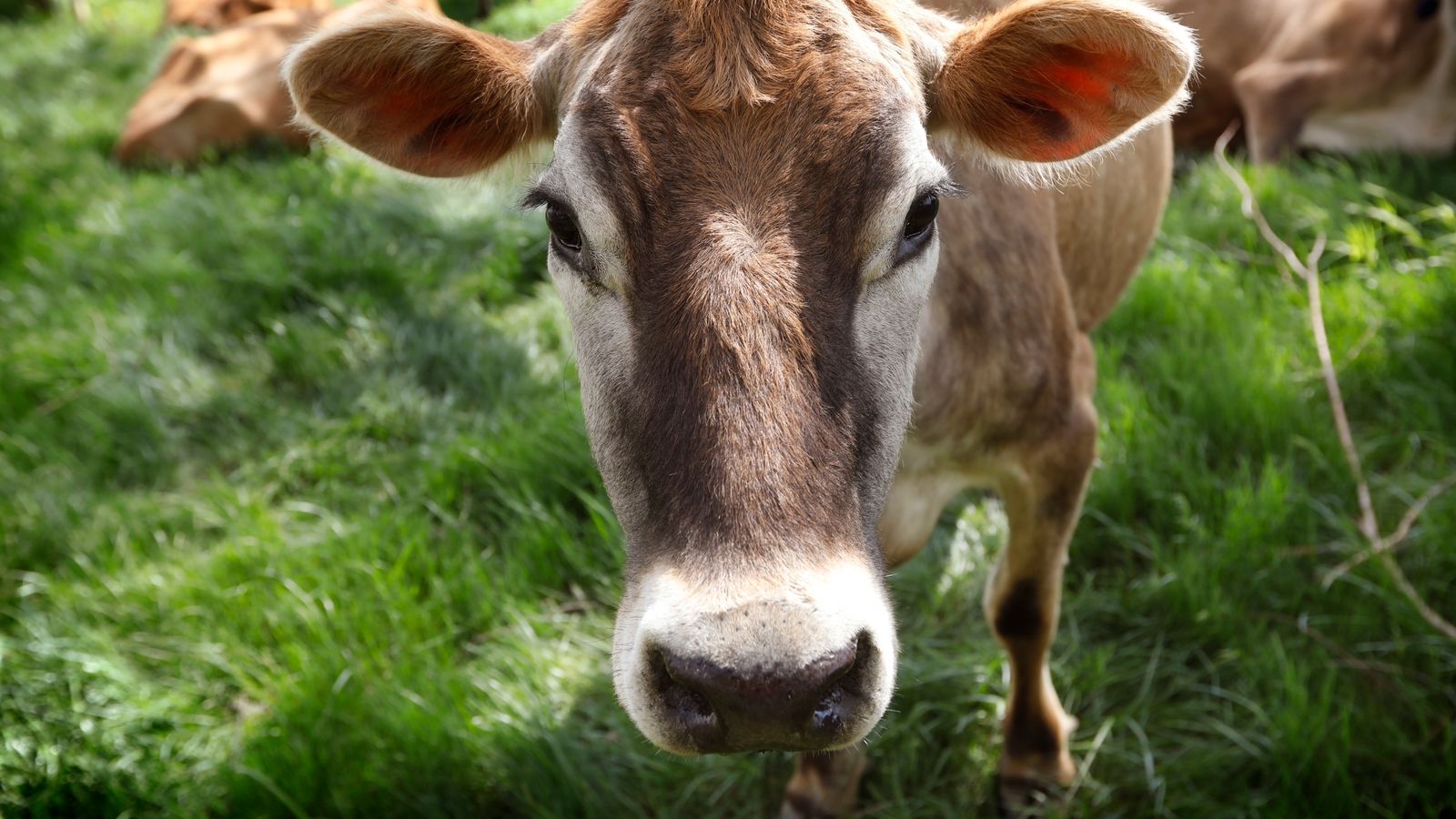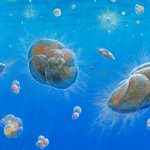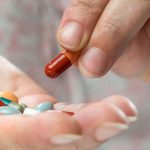Microbes in cows’ stomachs that can break down plastic, have been discovered by scientists in Austria.
Approximately 25.8 million tons of plastic waste has accumulated on the land and in the sea, about 15% of which is made of polyesters, a kind of plastic commonly used in soft drink bottles and synthetic fabrics.
The discovery of bacteria which are capable of breaking down natural polyesters offers hope for novel methods to tackle plastic pollution and enable plastics to be recycled.
As part of their normal herbivore diet, cows eat something called cutin, a natural polyester produced by plants to protect the walls of the plant cells.
Bacteria in the cow’s stomach produces enzymes that break apart the chemical bonds in this polyester and, scientists have discovered, can break apart the bonds in synthetic polyesters too.
The research, published in the journal Frontiers in Bioengineering and Biotechnology, found that the microbes can digest polyethylene terephthalate (PET), used in plastic bottles, as well as other plastics.
The team from the University of Natural Resources and Life Sciences in Vienna wants to study these enzymes and see whether the bacteria producing them could be engineered to help recycle plastics other than PET.
The idea would be to genetically manipulate the bacteria to produce these enzymes without having to collect the microbes from cow’s stomachs, potentially opening the door to industrial production.
The researchers have already patented a recycling method in which synthetic textiles are put through a kind of conveyor belt exposing them to different enzymes, meaning even when the textile contains different materials it can be recycled without being broken down into its independent parts.
Looking forward, the greatest hope would be to find microbes that can consume some of the hardest plastics to degrade and recycle, such as polyethylene, which is one of the most widely used plastics today.






















